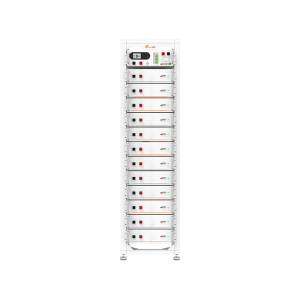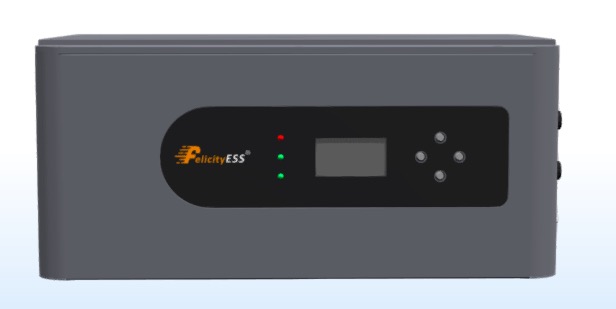Maximizing Energy Efficiency: How Rack Mount Batteries Can Save You Money
Home » Maximizing Energy Efficiency: How Rack Mount Batteries Can Save You Money
RECENT POSTS
Share:
- October 26, 2024
Table of Contents
As technology advanced, rack-mounted batteries have evolved from early battery systems used primarily for backup power to modern energy storage solutions. Initially, these batteries were bulky and inefficient, limiting their use to specific industrial settings.
Lithium-ion and other high-efficiency batteries were developed, allowing for compact, reliable rack-mounted systems. These batteries solve problems like power outages, energy fluctuations, and high electricity costs.
These batteries store excess energy for use during peak demand or outages, ensuring uninterrupted power and minimizing the need for costly grid electricity.
By optimizing energy consumption, these batteries help you save money through lower utility bills. They can also store energy from renewable sources like solar panels, further reducing dependence on traditional power grids.
Over time, this leads to significant cost savings and a more energy-efficient setup. This article will give in-depth explanations for you to have full knowledge of these batteries.

What are Rack Mount Batteries?
Rack-mount batteries are energy storage systems designed to be installed in standardized racks for efficient space utilization. They use advanced battery technologies, such as lithium-ion, to store and manage electricity, providing backup power, load balancing, and energy savings for homes and businesses.
Types of Rack Batteries
- Lithium-Ion Batteries: Offer a long lifespan, fast charging, high energy density, and minimal maintenance. However, they are more expensive upfront compared to other types.
- Lead-acid batteries: Are affordable and reliable for backup power but have a shorter lifespan, slower charging times, and require more maintenance than lithium-ion batteries.
- Nickel-Cadmium (NiCd) Batteries: Excel in extreme temperatures and have a long operational life, but they are less environmentally friendly due to cadmium toxicity, and their energy density is lower than lithium-ion batteries.
Benefits of Rack Mount Batteries
- Flexibility: Rack batteries are adaptable for various applications, from residential to commercial and industrial settings. This versatility allows them to serve multiple purposes, such as backup power, renewable energy storage, or energy optimization, making them suitable for a wide range of users and scenarios.
- Modular Design: The modular nature of rack batteries enables easy expansion by simply adding more units as energy needs grow. This scalability allows businesses or homeowners to start with a smaller system and scale up as required, providing a cost-effective, future-proof solution.
- Enhanced Energy Management: Many rack-mounted systems come with smart monitoring capabilities, allowing users to track their energy consumption in real-time. This helps optimize energy use, reduce waste, and manage costs by making informed decisions on when and how to store or use energy.
- Quick Installation: These systems are designed for fast, straightforward installation, reducing labor costs and downtime, making them an attractive option for both large and small-scale installations.
- Durability: Rack batteries are built to withstand long-term, demanding use in various environments, ensuring a reliable power supply and longevity, which reduces the need for frequent replacements.
Conclusion
Rack mount batteries provide a highly effective solution for homes and businesses with reliable backup power and reduced energy costs.
By utilizing this technology, these batteries can take care of different needs and budgets. They save money and increase efficiency with low maintenance, especially for lithium-ion models.
These batteries are a valuable investment for anyone who needs a steady power supply and cost-effective means to survive in any business.



